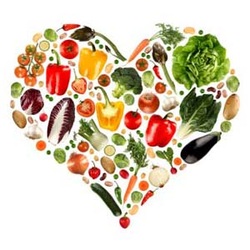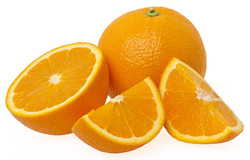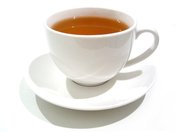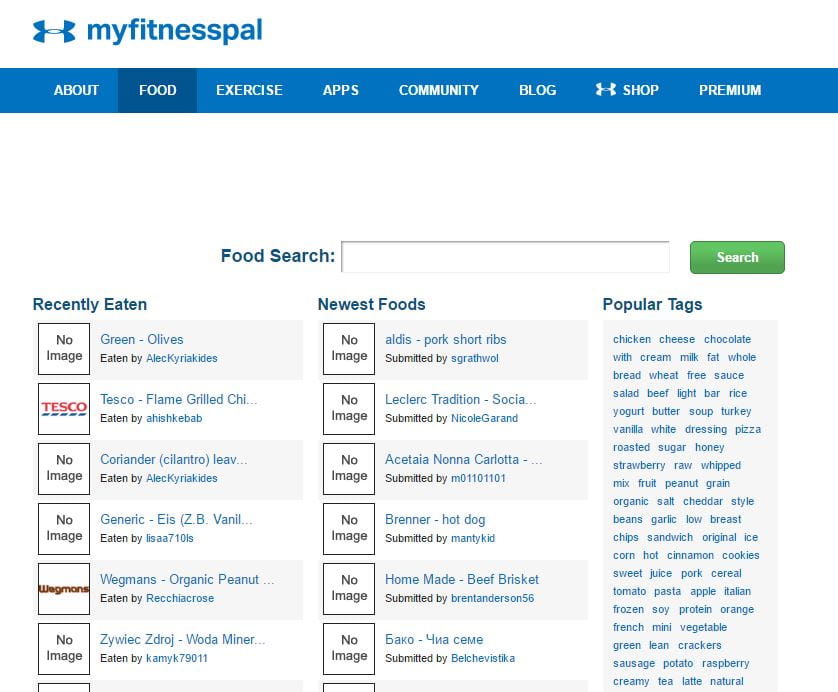Contents
Overview
This page is for those that are living with or beyond a diagnosis of cancer and are keen to ensure that they are eating and drinking in a way that is healthy, sustainable and in line with evidence based guidelines.
The management of cancer and the field of nutrition are both well known for multiple and what can seem like conflicting advice. With so many forms of cancer, different treatments and individual differences such as activity level, nutritional status and body weight, it is hard to give advice suited to all. It is also the case that advice can be drawn from research of varying quality and nature. Many organisations advocate that those with cancer are largely representative of the wider population and that the greatest benefits would be gained by striving to achieve the standard nutritional guidelines (i.e. reduce salt, eat more veg and fruit, eat more oily fish etc).
We hope these resources are of some use in negotiating the area of nutrition and cancer and our advice would be to work towards a balanced, sustained “diet” with any deviations from this being based on sound, widely reviewed evidence.
Fruit & Vegetables
There is inconclusive evidence as to whether pesticides found in or on foods can be harmful but fruit should be washed prior to consumption where possible and it has been suggested that some fruits are more susceptible to the influence of pesticides.
Some have suggested that nutrient quality can vary between organic and inorganic fruit and vegetables but a 50 year systematic review of the evidence suggested there was no difference (Dangour et al, 2009).
For tips on how to get your 5 a day visit the change4life website. As a useful comparison it’s also worth noting that in Australia the recommendation is for 2+5.
Fluids
Alcohol
More advice on guidelines and on how to drink healthily can be found on the change4life website
Cooking Methods
Changing Behaviour
Much of the advice given above will be known by the reader already. The real trick with nutrition is to review your current intake, and then to continue to have an increased awareness of your dietary intake while you make any appropriate changes.
- Review your current diet.
- Plan for changes if needed (plan meals, write shopping lists, give away unwanted foods).
- Make changes with someone else, support is key.
- Make sustainable changes.
- Hang in there, this is not a quick fix this is for the long term
- More on changing behaviour here
MyFitnessPal
A web platform and app that allows you to track your food intake.
References & Further Reading
“Eating Well” by Macmillan Cancer Support
“Nutrition in Cancer Care” by The National Cancer Institute
Dangour, A. D., Dodhia, S. K., Hayter, A., Allen, E., Lock, K., & Uauy, R. (2009). Nutritional quality of organic foods: a systematic review. The American journal of clinical nutrition, 90(3), 680-685.
Demark-Wahnefried, W., Platz, E. A., Ligibel, J. A., Blair, C. K., Courneya, K. S., Meyerhardt, J. A., … & Goodwin, P. J. (2012). The role of obesity in cancer survival and recurrence.Cancer Epidemiology Biomarkers & Prevention,21(8), 1244-1259.
John, E. M., Stern, M. C., Sinha, R., & Koo, J. (2011). Meat consumption, cooking practices, meat mutagens, and risk of prostate cancer. Nutrition and cancer, 63(4), 525-537.
Marmot, M., Atinmo, T., Byers, T., Chen, J., Hirohata, T., Jackson, A., … & Zeisel, S. (2007). Food, nutrition, physical activity, and the prevention of cancer: a global perspective.
Rock, C. L., Doyle, C., Demark-Wahnefried, W., Meyerhardt, J., Courneya, K. S., Schwartz, A. L., Bandera, Elisa, V., et al. (2012). Nutrition and Physical Activity Guidelines for Cancer Survivors.CA: Cancer Journal for Clinicians, 62(4), 242-274 doi:10.3322/caac.21142
Vance, T. M., Su, J., Fontham, E. T., Koo, S. I., & Chun, O. K. (2013). Dietary antioxidants and prostate cancer: a review. Nutrition and cancer, 65(6), 793-801.




